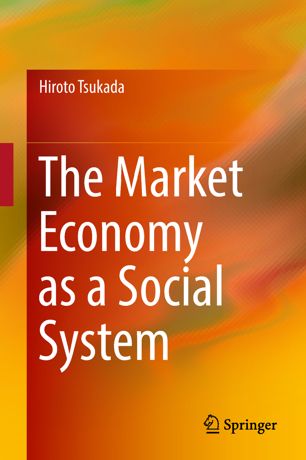

Most ebook files are in PDF format, so you can easily read them using various software such as Foxit Reader or directly on the Google Chrome browser.
Some ebook files are released by publishers in other formats such as .awz, .mobi, .epub, .fb2, etc. You may need to install specific software to read these formats on mobile/PC, such as Calibre.
Please read the tutorial at this link: https://ebookbell.com/faq
We offer FREE conversion to the popular formats you request; however, this may take some time. Therefore, right after payment, please email us, and we will try to provide the service as quickly as possible.
For some exceptional file formats or broken links (if any), please refrain from opening any disputes. Instead, email us first, and we will try to assist within a maximum of 6 hours.
EbookBell Team

4.7
86 reviewsThis book develops John Rawls’s theory of justice by adding reality-based analyses. This is accomplished by answering the question of who makes rules and how, and by providing new answers to three of today’s most practical and critical issues. The question of who and how makes rules is discussed first; and group orientation instead of individualism, and a balance of negotiating power instead of a veil of ignorance are presented as new answers to this question. Based on this new understanding of rulemaking, three important practical rules are subsequently discussed: the rule of distribution of land and other natural resources, including the question of natural talent or who should bear the costs of children’s education; the rule of distribution of products; and what motives support our acts of kindness.
These rules are all dealt with from a shared perspective, viewing society as a single integrated construct. Equal distribution of land, not private but public payment of education fees, strengthening employees’ bargaining power, and moving toward nobility-based kindness are put forward as central answers. By addressing critical questions on social rules and proposing answers, this book provides reliable principles to fall back on in our daily lives, and in our rapidly changing, globalized world.